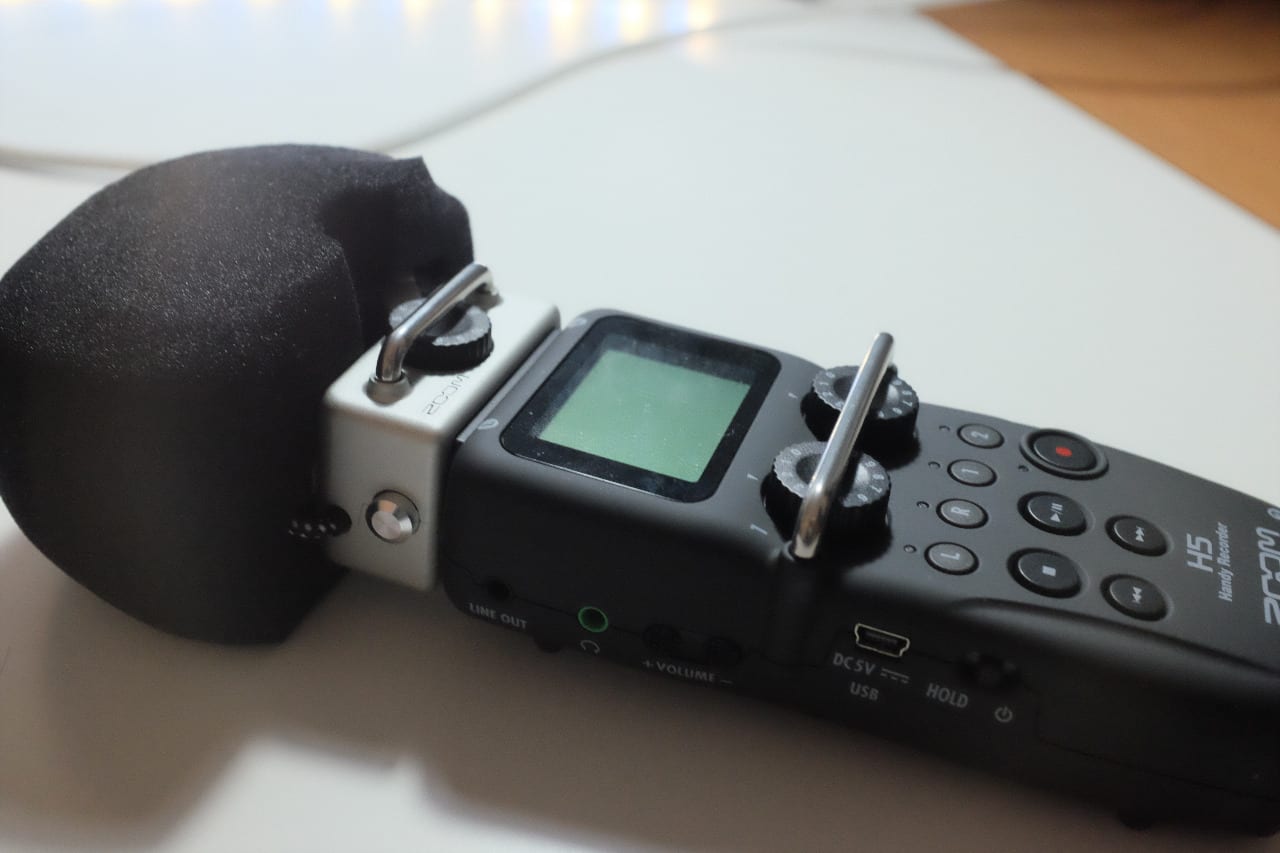
This page will contain our oral history holdings in the future.
Other than collecting objects and artefacts relating to the queer life and experiences in Indonesia, QIA also plans to collect recordings of oral history from generations of queer Indonesians who lived through important points in Indonesian history.
The recording of oral histories offers a unique opportunity in which community members get to share their life histories, specific narratives or respond to topics on their own terms and in their own words.
We hope that this project to document and collect oral histories of queer communities in Indonesia will offer some answers the questions or concerns of many who may be wondering: What is the queer history of Indonesia? When did the queer movement in the country begin to be initiated and built? Why should the movement exist? How do queer groups or individuals advocate for their rights? Who are the LGBTQ+ people and communities in Indonesia? How does queerness relate to peoples connection to religion, community and place in Indonesia? How did queer communities respond and survive the major political upheavals of the last few decades in Indonesia?
We realize that no one oral history cannot possibly to answer any or all of these questions. But we hope that through working to collect as many voices, stories and histories as possible, that we can begin the conversations to answer these questions and encourage others to do the same.
The challenge of documenting LGBTQ+ histories has been felt across the world, and issue of documentation faces particular challenges in Indonesia. Here our communities face numerous situations where the life experiences and narratives of LGBTQ+ groups and communities are actively being challenged, erased, and marginalised from the collective memory of Indonesia. The presence of queer groups in history continues to fade and is in danger of disappearing. We hope that our project will encourage the memory institutions that exist in Indonesia to take the challenge of queer histories seriously rather than work to be complicit in marginalisation and silencing of these histories.
We hope that our oral history documentation project can be the first step in a proactive response to these problems. We hope that the collective voices of queer communities in Indonesia can reveal shared truths about our communal history and through documenting various experiences throughout the archipelago that will be able to inspire, inform, and shape the next generation.
Documenting the oral history of individuals is a collaboration between the participant and our volunteer interviewers. They work collaboratively to record these personal histories. The collaboration will be most successful if it has been developed with a sense of security (and comfort) by both parties. QIA works with our team to foster a spirit of solidarity and an attitude of mutual respect.



